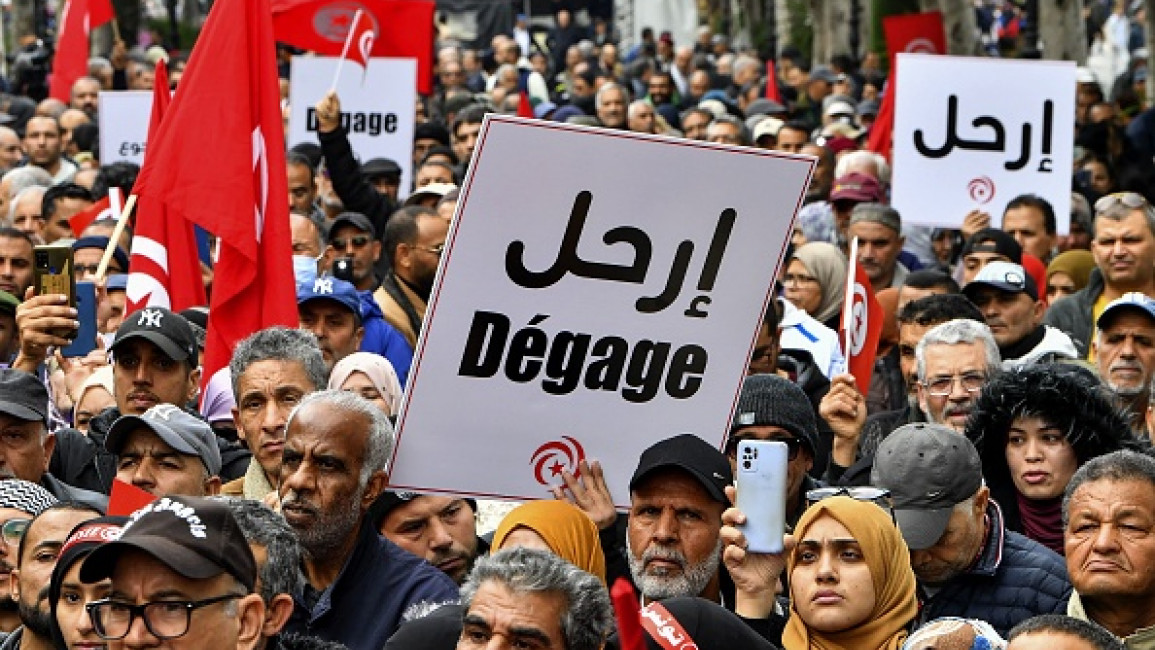Tunisia moves forward on second round of legislative elections despite boycott
Tunisian authorities decided to move forward with the second term of legislative elections despite firm opposition from many parties and citizens who boycotted the first round last year.
"The electoral campaign will start, Monday, until Friday, January 27. (...) Saturday, 28 January will be the day of electoral silence (the day before the poll)," announced Farouk Bou Asker, head of Tunisia's Independent High Authority for the Elections (ISIE) in a press conference held in Tunis over the weekend.
The ISIE said the preliminary results will be made public on 1 February. "And the final results will be announced within a period not exceeding Saturday, 4 March," added Bou Asker.
The first round of legislative elections was held on 17 December last year and saw a low turnout of 11.22% of voters.
Several Tunisian political parties deemed the legislative elections as another failure of President Kais Saied neo-one-man state, calling for an early presidential election.
For his part, Saied downplayed the importance of the low turnout, saying that this rate is "better than the 99% turnout in the rigged elections that took place before".
Over the weekend, thousands of protesters took to the streets of Tunis, facing down a massive security presence to march against the increasingly autocratic rule of President Kais Saied on the anniversary of the Tunisian revolution twelve years ago.
Elected in 2019 for a five-term presidency, Kais Saied, a retired law professor from a middle-class neighbourhood, had portrayed hope of change for a country that was longly run by elitist corrupt politicians.
On 25 July 2021, President Saied froze the parliament, dismissed the government and announced he will rule by decree.
Saied's strongly worded speeches and promises to end the corruption in an almost bankrupt country continued to fuel the faith of his supporters despite his rising authoritarian drive.
A year later, Saied passed a controversial constitution that sets up a hyper-presidency akin to autocracy.
Once a populist hero in the country, Saied's popularity presently is sinking as Tunisians grapple with bare market shelves, fuel shortage and rising arrests among the opposition.



